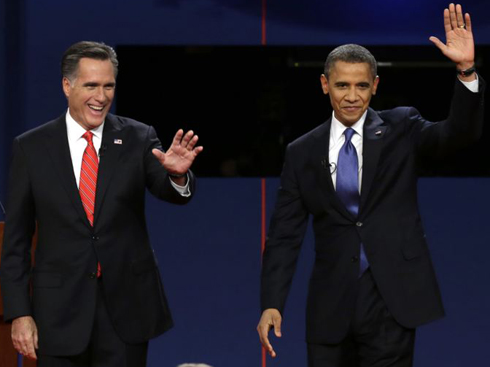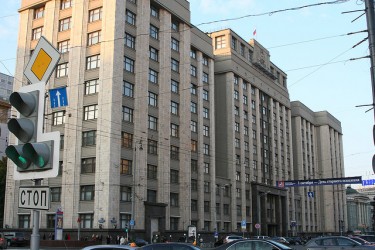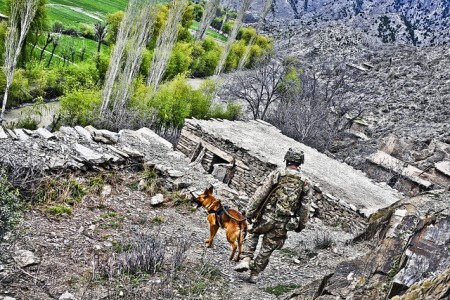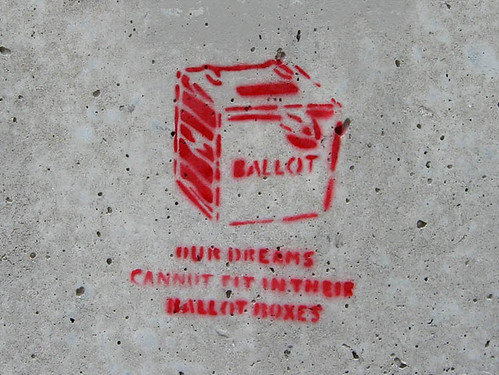
On 8 November, our parent organization – the Center for Security Studies – hosted a colloquium on the recently completed Presidential and Congressional elections in the United States. The guest speaker, Professor Andreas Falke, not only analyzed the election data for his audience, he also speculated on how the election’s outcomes might impact US domestic and foreign policies over the next four years, to include its influence on transatlantic relations.
Hosting Professor Falke also provided us with the opportunity to put some questions of our own to this keen observer of American politics. In the following podcast, we ask him whether he thought there was anything surprising about the election results, what the future holds for the US Republican Party, and what else we might expect from President Obama in his second term.




